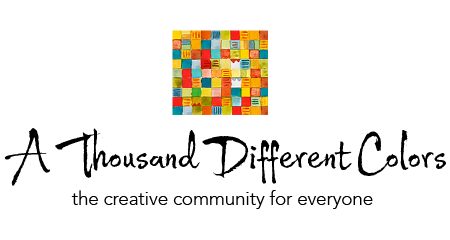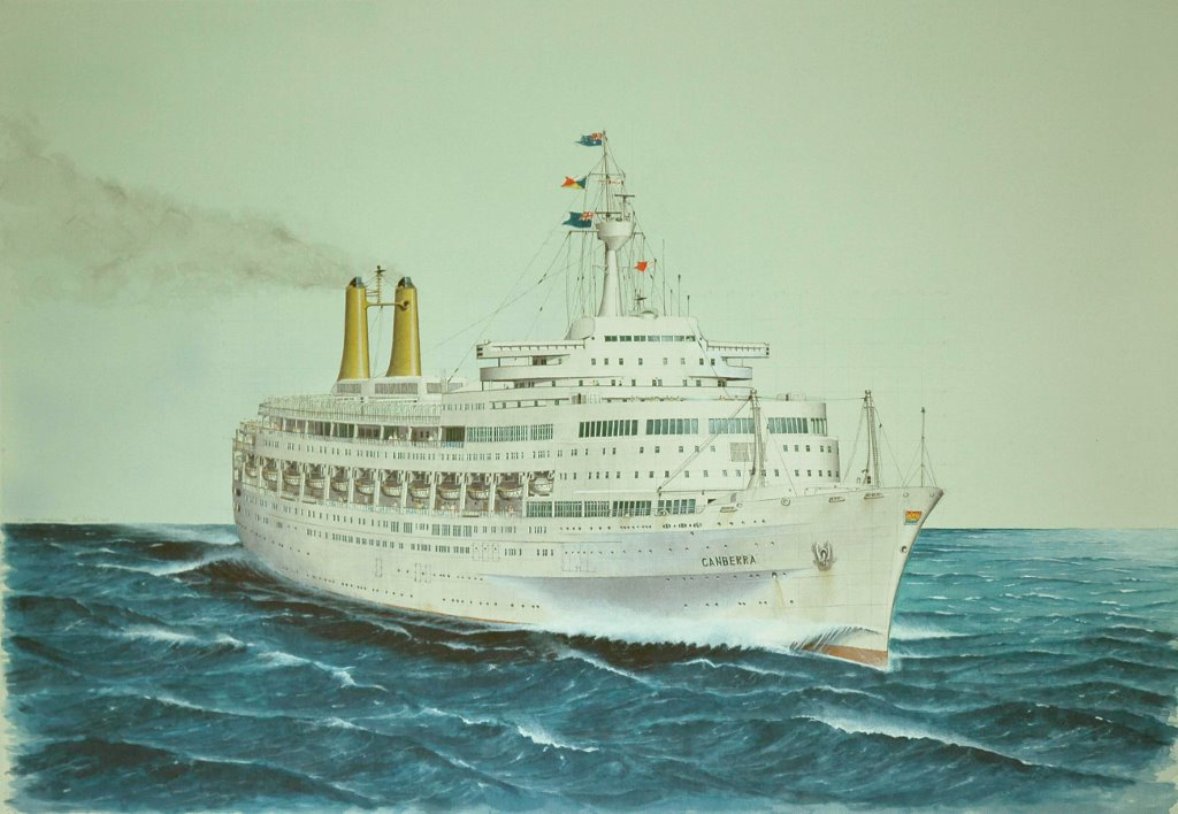David Durham loves to study culture. “Since my childhood days traveling to and from Australia, where I lived for five years with my family, to my twelve years living in Europe, to my numerous travels to five continents, I have been fascinated by the human patchwork of our planet,” David says. Fluent in seven languages, David is a bona fide polyglot and a language educator, penning his own e-book to help others overcome the challenges of learning a foreign tongue.
Today, David is putting his 30 years of cross-cultural experience to good service. He founded World to the Wise with a mission “to equip and inspire others with a broader world view and build bridges of understanding and appreciation of the cultural spectrum.”
“People often ask me how I came about my love for other cultures and languages,” David says.
Here, David shares his true story, the adventure of a young boy on a life-changing journey around the world.
The Reason For My Madness
Part I
I was born in the state of Wyoming to Texan parents. When I was five years old, my parents embarked on an adventure that would change not only their lives, but would shape my own: they joined a missionary team bound for Perth, Western Australia. I was the second of four boys; the youngest was born in Texas just weeks before we headed Down Under. So with all four boys in tow, stair-stepped in height and age, we boarded a plane in Dallas. After two or three layovers (I remember Honolulu and either Fiji or American Samoa, and Sydney, at whose zoo I held my first koala), we landed in Perth.
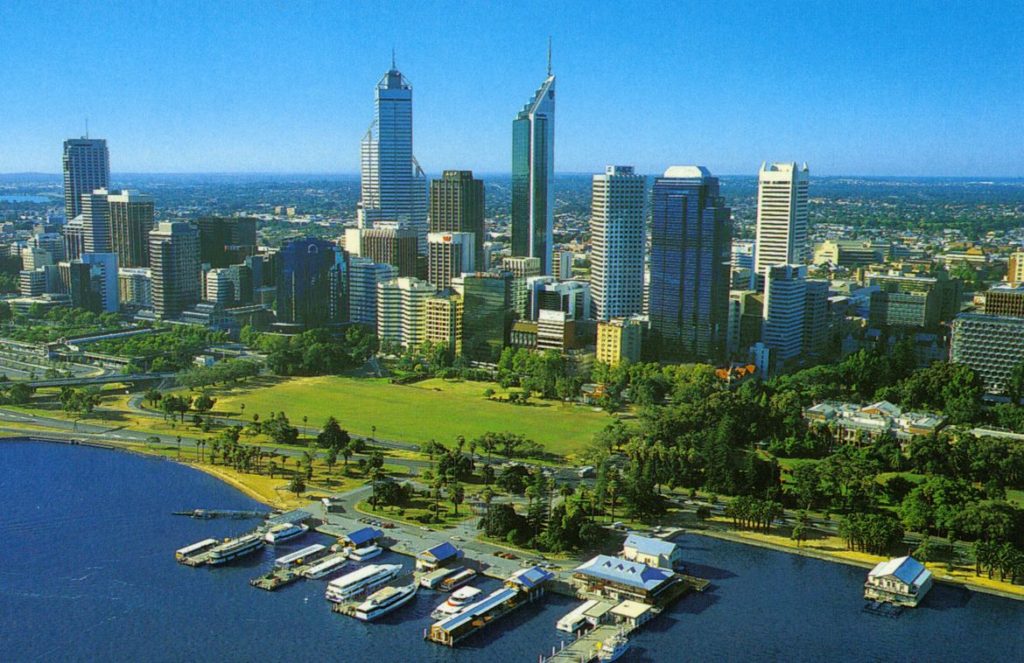
My memories of Perth are patchy. I remember there was no kindergarten, so I started first grade at five years old. Because I had no American reference point as far as school was concerned, there were no major adjustments to be made. I also remember the tiny house my parents built at 1 Gill Street, and being such a voracious reader that my teachers had to look for more books for me to read. (I’ve spent my life trying to recover that love for reading.)
The most shaping experience, however, was not living in Perth for almost four years, but the trip home to the States. For reasons that I can only speculate about now, as both my parents are deceased, they decided to “take the long way home.” Rather than flying back the way we had come, they chose to return to the States by ship. Perhaps it was actually cheaper, in the mid-1960’s, to sail rather than fly. Perhaps they simply wanted to treat us to an unforgettable adventure. In any case, what could have taken two days instead became a five-week odyssey that changed me forever.
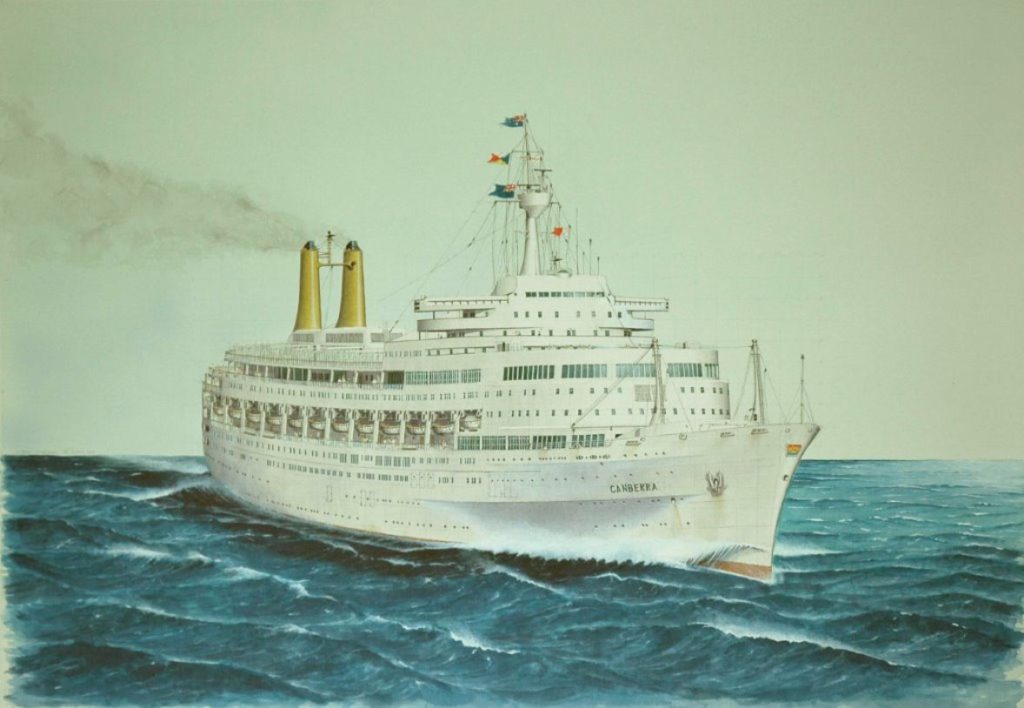
We boarded the SS Canberra, a 45,000-ton liner now dwarfed by many of today’s cruise ships. But it was almost brand new, and this 9-year-old thought he had landed in the lap of luxury. Meals for children were served separately, and we could order anything on the menu — can it get any better than that? I have vague memories of crazy ceremonies that involved being dipped in ice cream and then thrown in swimming pools and men dressed up like Neptune at the crossing of the equator. But what branded me for life were the ports of call along the journey.
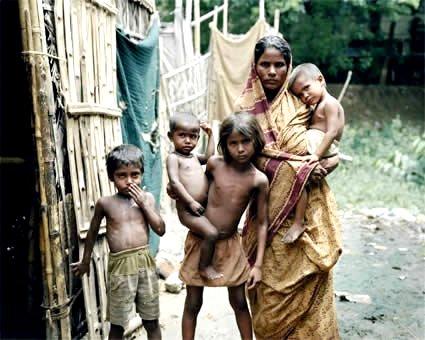
The first stop was Colombo, capital of Sri Lanka, still called Ceylon at the time. I remember very little of the place, but what I do remember will forever be etched in my mind: as we walked along the dirty streets, among the beggars were children whose legs had been broken up behind them by their handlers, consigned to a life of panhandling. As they scooted along the dusty roads with their tin cups, I remember a melange of horror, helplessness and compassion as I tried to process what I was witnessing for the first time. Lesson 1 for the 9-year-old: there was great poverty and injustice in this world, and I could only be protected from it for so long.
Part II
We are in the year 1965 and have been aboard the SS Canberra for about two weeks, having sailed from Perth, Western Australia.
Leaving the squalor of Colombo, Sri Lanka behind, we boarded the ship and headed for the tip of the Arabian peninsula, a voyage of several days. Upon docking in the city of Aden, a port city in Yemen, I remember remarking at the sameness of the landscape and cityscape — all a desert sand color. We children were not allowed to go ashore, so we stayed behind and kept ourselves busy while our parents disembarked for, I suppose, a day of shopping in the suqs. (I don’t particularly remember questioning why we had to stay on board the ship; I suspect I didn’t question nearly as much then as I do now.)
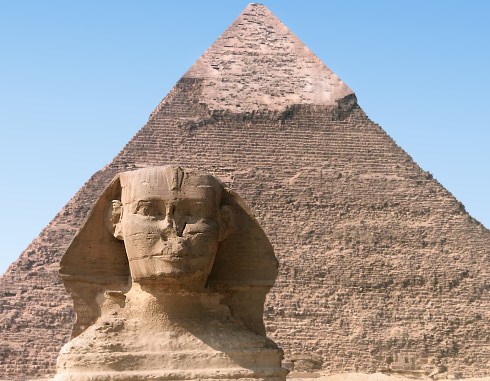
What followed was a voyage up the Red Sea, from south to north. I remember someone pointing out Mt. Sinai in the distance to the east, and that is the closest I have come to Israel (so far). Our ship then made its way through the Suez Canal to the port city of Alexandria. (I wish I had known then what I do now about that city and the prominent place it once held in civilization.) We somehow ended up in Cairo, where I remember feeling nauseated as we made our way by bus through the hot, narrow streets. I remember only that about the city itself, but as sketchy as my memory is, no 9-year-old can ever forget a camel ride in the desert or climbing the stifling inner staircases of the Giza pyramids.
Our last leg on the SS Canberra took us from Alexandria across the Mediterranean to the Italian port of Naples. I’m sure it was with some regret that we said farewell to the vessel that had been our home for the last three weeks. Whatever stomach bug I had picked up in Egypt followed me to Italy, and I unfortunately had to stay in the hotel with my mother while the rest of the family visited Mt. Vesuvius and the ruins of Pompeii. (I still haven’t made it back there.)
Wherever we went, whether in Asia, the Middle East, or Europe, I remember being enthralled as a nine-year-old with the chatter I heard coming out of people’s mouths. This was my first exposure to foreign language, and my mother told me later that I would walk along the streets babbling as if I were speaking the language of the locals. This fascination has not only continued, but shaped my life more than that of any of my siblings.
After Rome, a whirlwind tour through Europe by train.
Part III
Believe it or not, my memories of the 5-day whirlwind trip through Europe are really sketchy. My guess is that, because it was so much more expensive than the other places we had visited, my parents chose not to hang out too long in each place. Thanks to their network of missionary contacts, we had a free place to stay, one night per city: Florence, Lausanne, Paris — then across the English Channel to London. My sole memory of London is running into a lady we had met on the ship at the Changing of the Guard at Buckingham Palace.
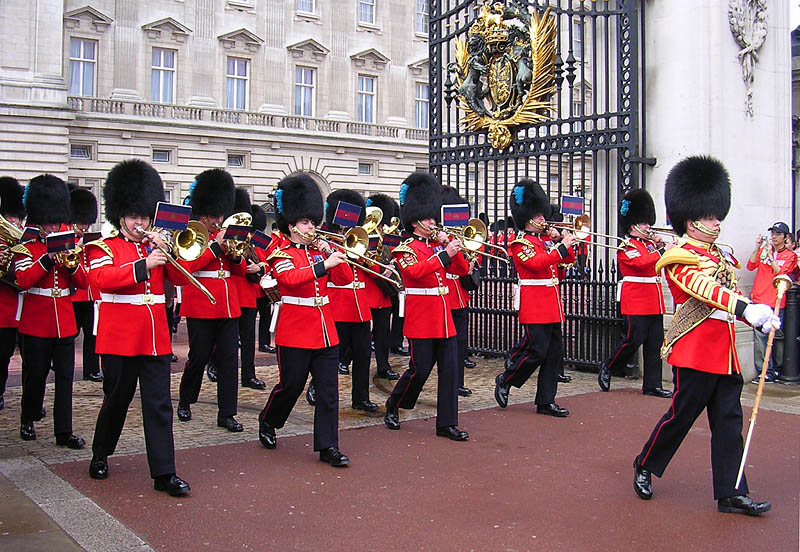
Europe struck this 9-year-old as very old. Not surprising, given that I had only lived in the US and a modern Australian city. More importantly, I was fascinated with the fact that we could travel for just 3-4 hours by train and be in a completely different culture with a different language.
We ended our odyssey with a five-day voyage across the North Atlantic, from Southampton to New York, aboard the fabled RMS Queen Elizabeth. She was almost twice as big as the Canberra; in fact, she was the largest passenger liner ever built (until 56 years later). She was sophisticated, if showing her age, and was retired just a few years later. (I just discovered that she was initially used to transport British troops, along with the Royal Mail, during World War II before becoming a passenger liner.)
By the time we flew to Dallas from New York City five weeks after we had set out from Perth, I was a changed person. I of course wasn’t conscious of just how changed I was. But the years that ensued found me craving opportunities to study foreign languages. My parents enrolled me in an experimental summer Spanish program that same year, where I excelled. My next opportunity didn’t come until 8th grade (after we had spent an additional year in Sydney, Australia). By that time I had decided I liked French much more than Spanish, and dove into that fair tongue with no encouragement needed.
By the time we flew to Dallas from New York City five weeks after we had set out from Perth, I was a changed person. I of course wasn’t conscious of just how changed I was.
I went on to major in French, picking up some more Spanish and German along the way. In college, I had a number of friends who had grown up in Brazil as MK’s (missionary kids) and were kind enough to teach me some Portuguese. By the time I went to Brazil the summer after graduating, I was conversant. I then spent two years in Lausanne, Switzerland, where I completed a graduate degree in French, but also became conversant in Italian through self-study and conversation. Several years later, I found myself learning Dutch in the Netherlands, greatly helped by the bit of elective German I had taken in college with the best professor I ever had. Once I became proficient in Dutch, I was then able to bring my German up a few notches.
With each new language, I gained a new way of looking at the world, not to mention a passport, so to speak, to entire continents where these languages are spoken. It’s not just a matter of learning to speak differently; it’s about gaining different perspectives — a word that has taken huge importance in my vocabulary.
